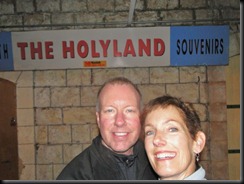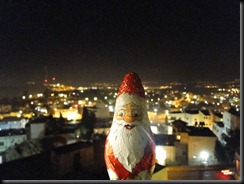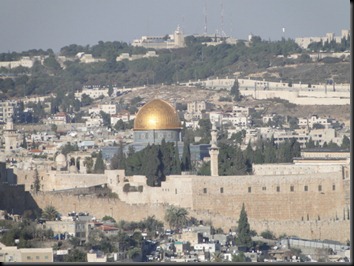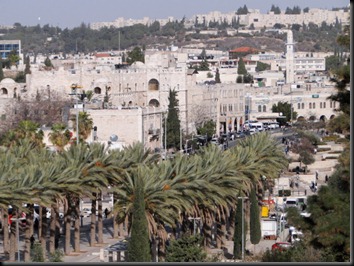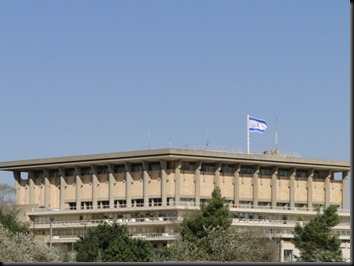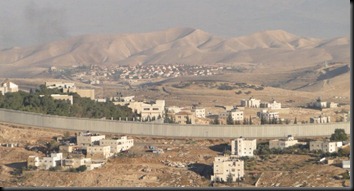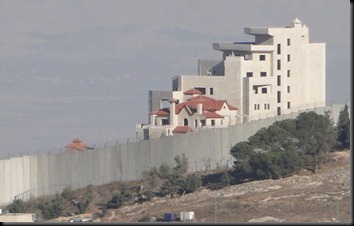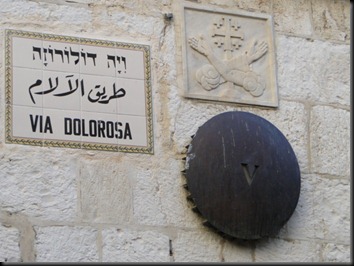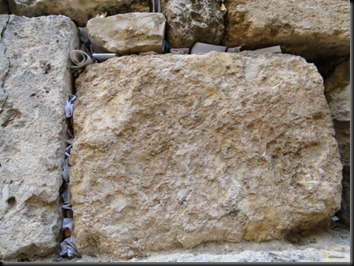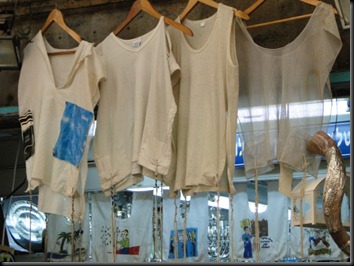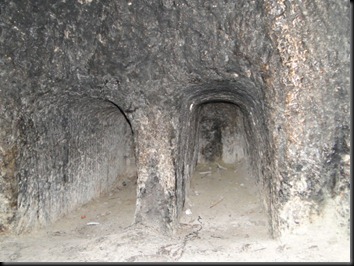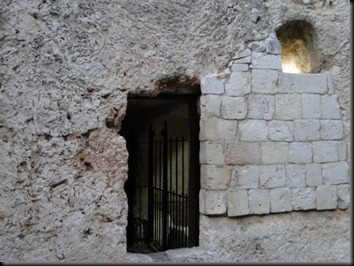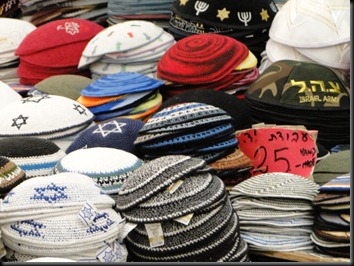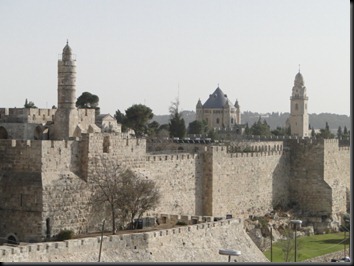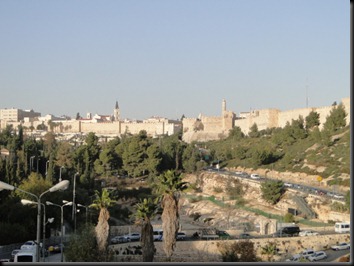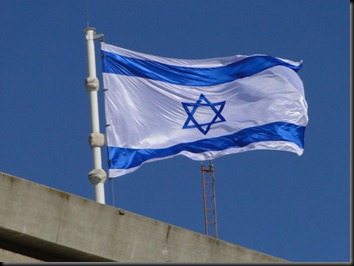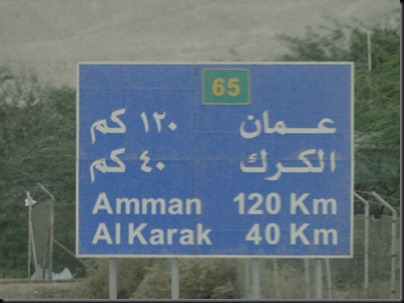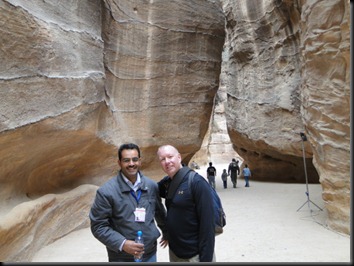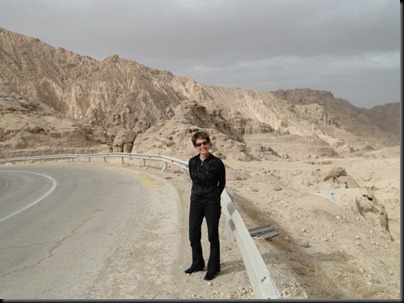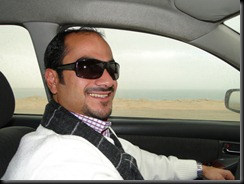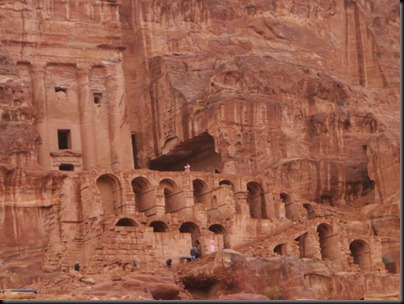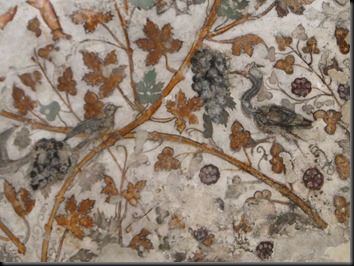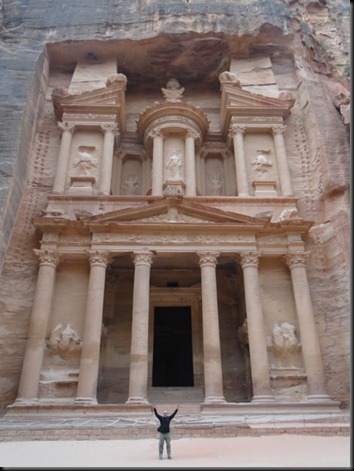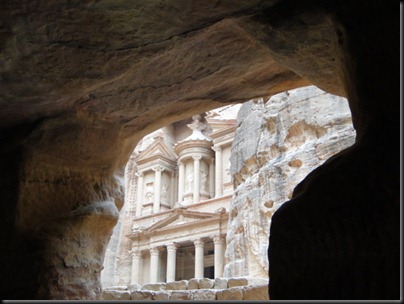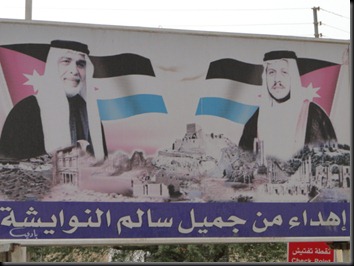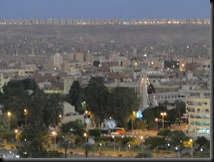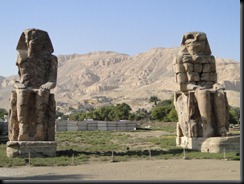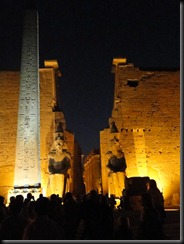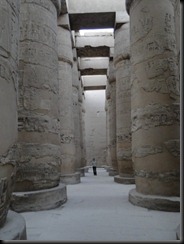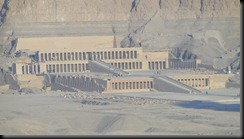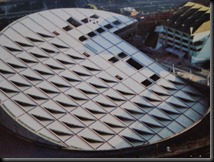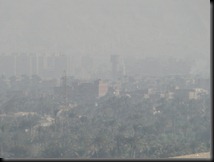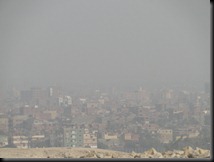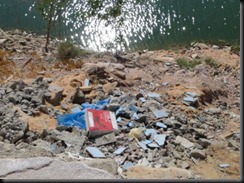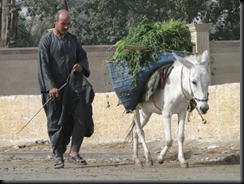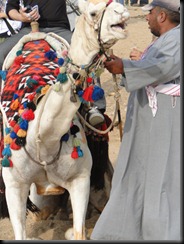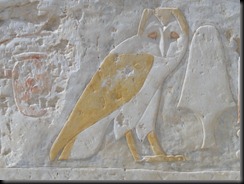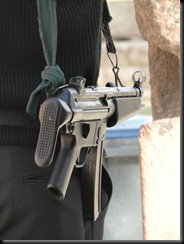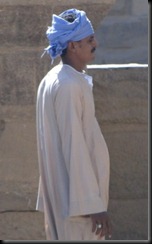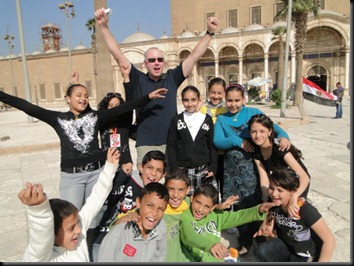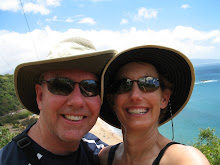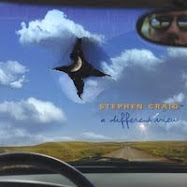The date was the only visible reminder that the holidays were approaching. While we were in Jerusalem there were no 50% off sales, no interest free promotions, no blinking lights, no gaudy decorations, no big green trees in living room windows, no rushing around, nothing. It could’ve been any time of the year. It was a relief to be in a region of the world that doesn’t celebrate the biggest shopping holiday or Jesus’ birthday like we do in the United States, but there was something that was lacking for us. We missed the lights of the season. Day time is so short in December that the extra lights on homes, in store windows and on city trees help chase away some of winter’s darkness. It was a noticeable absence. We like the pretty lights!
At the last minute we decided to drive north for Christmas Eve and Christmas Day. We’d already been to Bethlehem (more later) so we thought what the heck and headed to the town where Jesus came of age, Nazareth. Nazareth was intriguing also because it was making headlines with it’s controversial mayor (a Muslim) saying something about banning Christmas trees and cancelling Christmas. What is Christmas in Israel without some hullabaloo?!? It turned out to be a flippant comment that the press blew out of proportion. Surprise, surprise.
We arrived as 10% of the town’s population was celebrating Christmas with a parade through downtown. We’ve never seen so many people dressed in santa suits. Walmart has nothing on Nazareth at Christmas for selling the cheapest, crappiest, holiday junk. Christmas seemed to be more about celebrating with cheesy costumes, balloons and hats then it’s religious significance. Sound familiar?
Along with the Arab Muslim onlookers, we watched an outdoor church service in which there was a Christian sermon by an Arab minister and carolers singing the popular Christmas songs, in Arabic. After watching a huge firework display we walked around and noticed that most people were in their homes getting ready to celebrate with friends and family with a barbequed meal. Charcoal grills were fired up and the smell of burnt carcass was in the air. Peeking in windows and witnessing all the family gatherings bought on a level of loneliness that we rarely felt during our travels. We missed our loved ones more then ever as we watched people getting together to share a holiday meal. Here we were in Nazareth, Israel, two of the very few white people in town, being ripped off by our hotel‘s Christmas pricing, with no ability to bake or cook a meal and with no friends or relatives to share the love. We were homesick. The tall, decked out tree in the middle of town helped us feel a bit more at home. After being in anti-Christmas Jerusalem, it was refreshing to be able to say Merry Christmas and not feel out of place. At least one thing felt normal.
 For the week between Christmas and New Years, our destinations included the Sea of Galilee, Jordan River and the Dead Sea. It was nature and the more recent history that interested us more so then the religious history, but it was intriguing to see the famous “Jesus Path”. We saw where he was baptized, preached, chose his disciples, gave the sermon on the Mount, turned water into wine, fed the masses with 5 loaves of bread, and walked on water. Tour groups and tour buses converge on these sights and of course, the obligatory souvenir shops. This part of our Israeli experience was to get outside and hike, bird and enjoy the wide open spaces.
For the week between Christmas and New Years, our destinations included the Sea of Galilee, Jordan River and the Dead Sea. It was nature and the more recent history that interested us more so then the religious history, but it was intriguing to see the famous “Jesus Path”. We saw where he was baptized, preached, chose his disciples, gave the sermon on the Mount, turned water into wine, fed the masses with 5 loaves of bread, and walked on water. Tour groups and tour buses converge on these sights and of course, the obligatory souvenir shops. This part of our Israeli experience was to get outside and hike, bird and enjoy the wide open spaces.
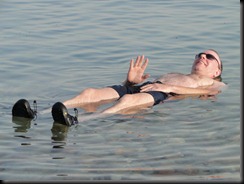
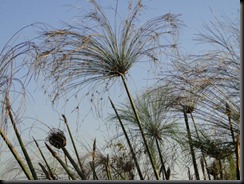
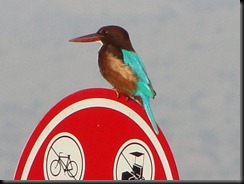



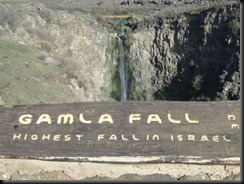
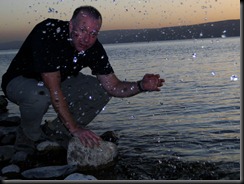

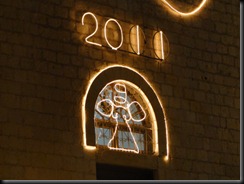
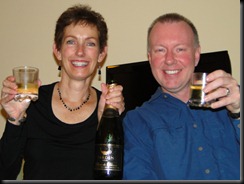
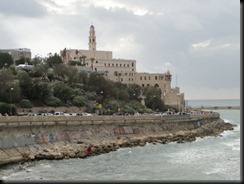 As the holidays go, they were ok. The retail pressure was wonderful not to be around. Not hearing holiday songs until we played them from our iPod on the 24th was fantastic. Seeing where Jesus spent most of his life was fascinating. Not having to bundle up in winter gear was refreshing. And thankfully there is Skype. Being able to Skype with our family and a few friends helped get us through the loneliest period of our year away.
As the holidays go, they were ok. The retail pressure was wonderful not to be around. Not hearing holiday songs until we played them from our iPod on the 24th was fantastic. Seeing where Jesus spent most of his life was fascinating. Not having to bundle up in winter gear was refreshing. And thankfully there is Skype. Being able to Skype with our family and a few friends helped get us through the loneliest period of our year away.
